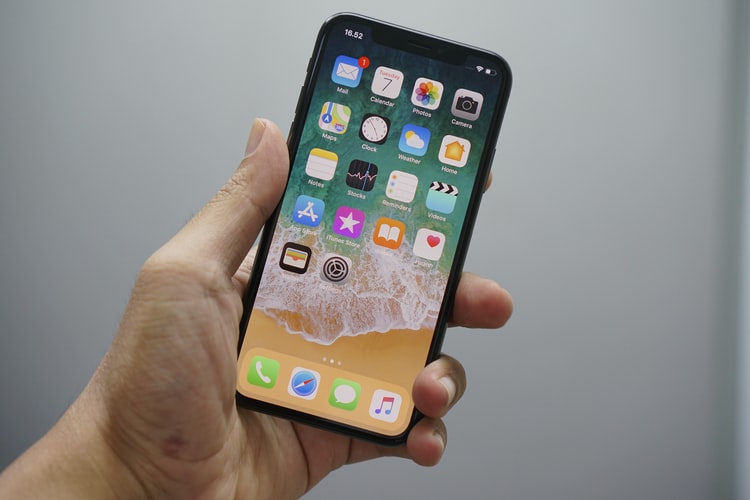The U.S. Justice Department, in concert with 16 state and district attorneys general, has launched a significant antitrust lawsuit against Apple Inc. The suit, filed in the U.S. District Court for the District of New Jersey, alleges that Apple has engaged in monopolization and attempted monopolization of the smartphone market, contravening Section 2 of the Sherman Act.
The comprehensive complaint accuses Apple of systematically maintaining its monopoly over smartphones by imposing restrictive contracts on developers and controlling critical access points. This conduct has reportedly stifled competition, impeded interoperability, and led to increased costs for consumers and developers.
Allegations of Anticompetitive Practices:
- Blocking Innovative Super Apps: Apple has disrupted the growth of apps with broad functionality that would make it easier for consumers to switch between competing smartphone platforms.
- Suppressing Mobile Cloud Streaming Services: Apple has blocked the development of cloud-streaming apps and services that would allow consumers to enjoy high-quality video games and other cloud-based applications without having to pay for expensive smartphone hardware.
- Excluding Cross-Platform Messaging Apps: Apple has made the quality of cross-platform messaging worse, less innovative, and less secure for users so that its customers have to keep buying iPhones.
- Diminishing the Functionality of Non-Apple Smartwatches: Apple has limited the functionality of third-party smartwatches so that users who purchase the Apple Watch face substantial out-of-pocket costs if they do not keep buying iPhones.
- Limiting Third Party Digital Wallets: Apple has prevented third-party apps from offering tap-to-pay functionality, inhibiting the creation of cross-platform third-party digital wallets.
The complaint also alleges that Apple’s conduct extends beyond these examples, affecting web browsers, video communication, news subscriptions, entertainment, automotive services, advertising, location services, and more. Apple has every incentive to extend and expand its course of conduct to acquire and maintain power over next-frontier devices and technologies.
Historical Context and Legal Precedents: For over a century, the Justice Department has wielded the Sherman Act to dismantle illegal monopolies and rejuvenate competitive markets. The current lawsuit seeks equitable relief to rectify Apple’s alleged long-standing anticompetitive behavior, aiming to restore fairness for the American public.
Apple’s Financial Dominance: Apple Inc., a publicly traded company based in Cupertino, California, reported staggering annual net revenues of $383 billion and a net income of $97 billion in fiscal year 2023. Apple’s net income surpasses that of any other Fortune 500 company and the GDPs of numerous countries, highlighting the scale of its economic influence.
Government Officials Speak Out: Attorney General Merrick B. Garland emphasized that the lawsuit is a response to Apple’s alleged violation of antitrust laws, which have led to higher consumer prices and fewer choices. Deputy Attorney General Lisa Monaco and Acting Associate Attorney General Benjamin C. Mizer echoed this sentiment, affirming the government’s dedication to combating anticompetitive practices. Assistant Attorney General Jonathan Kanter of the Antitrust Division accused Apple of engaging in a “Whac-A-Mole” strategy of contractual rules and restrictions to maintain its monopoly.
The lawsuit is a pivotal moment in the ongoing debate over the power of tech giants and the enforcement of antitrust laws. As the case progresses, it will be closely scrutinized for its potential to reshape the technology industry and set new precedents for market competition.
A global media for the latest news, entertainment, music fashion, and more.





